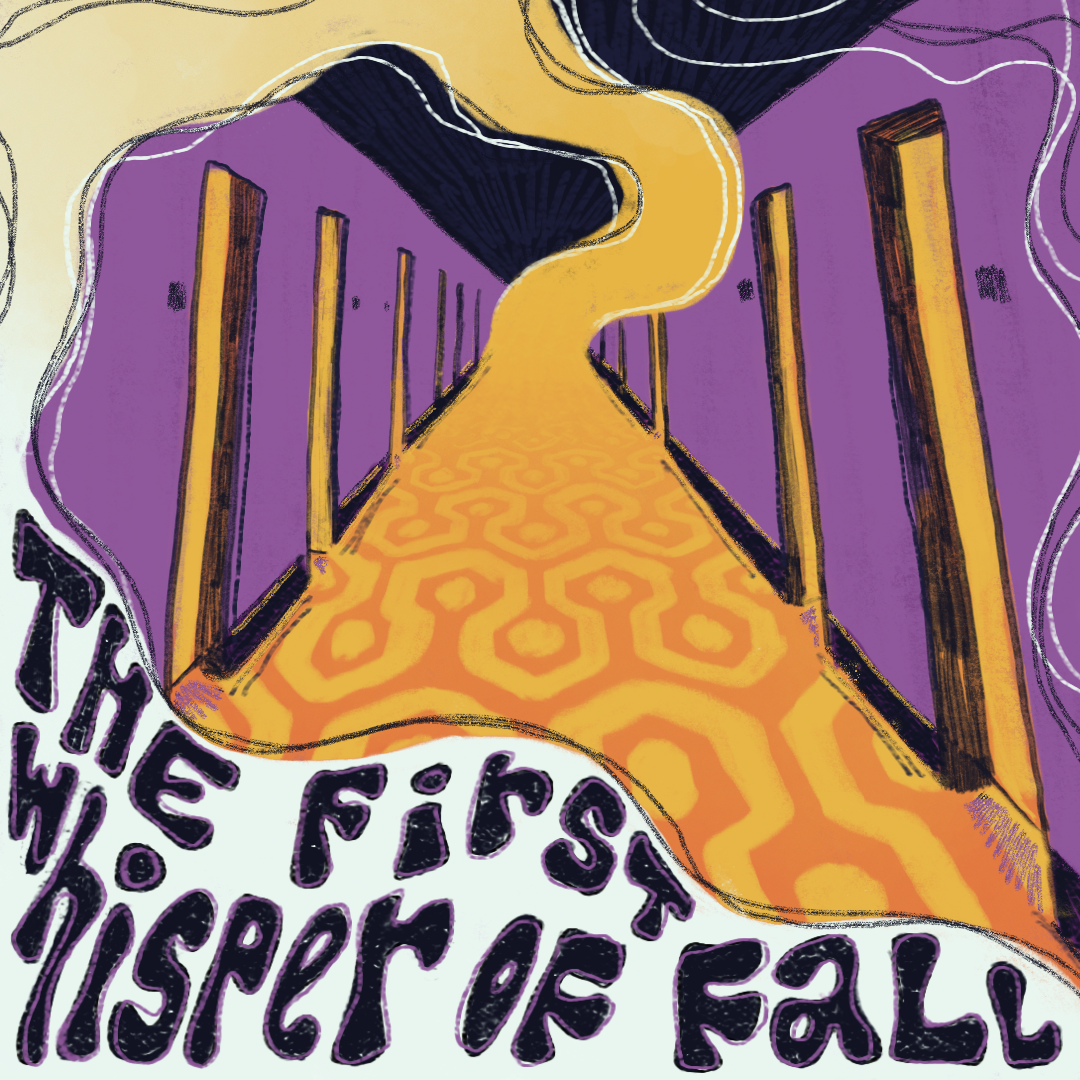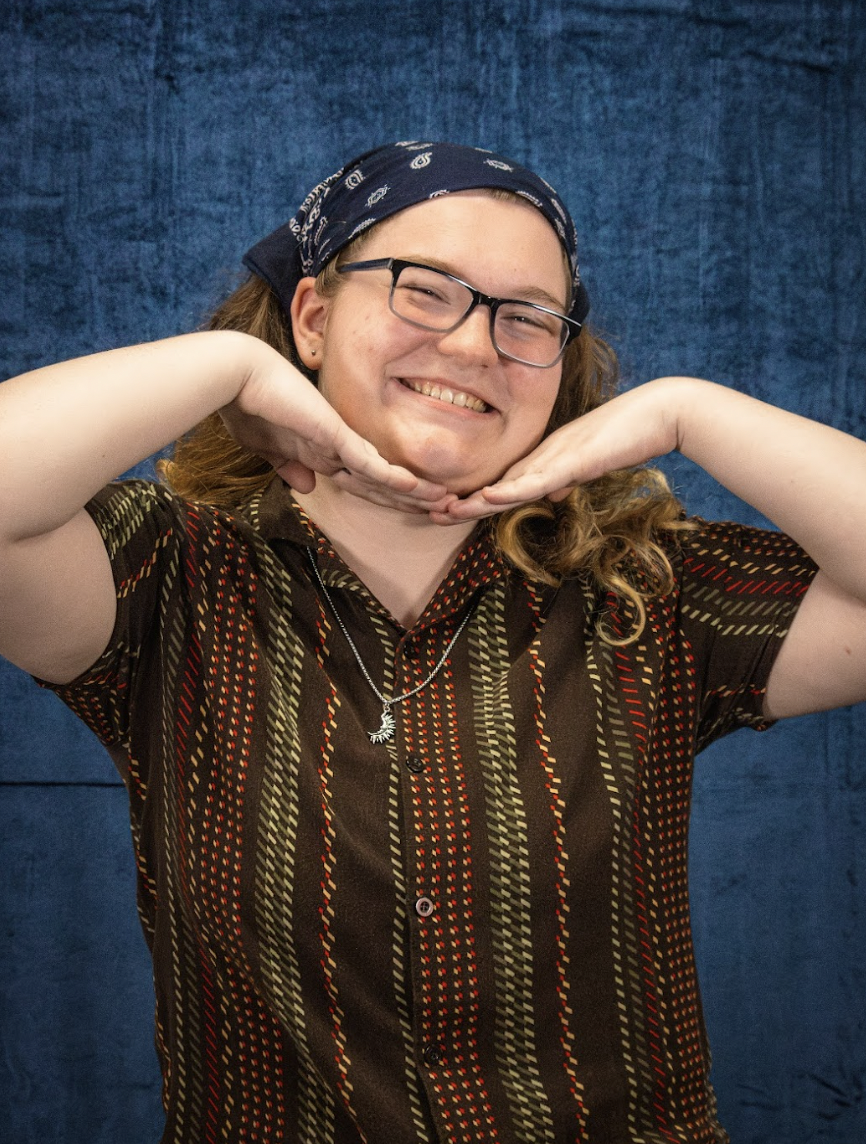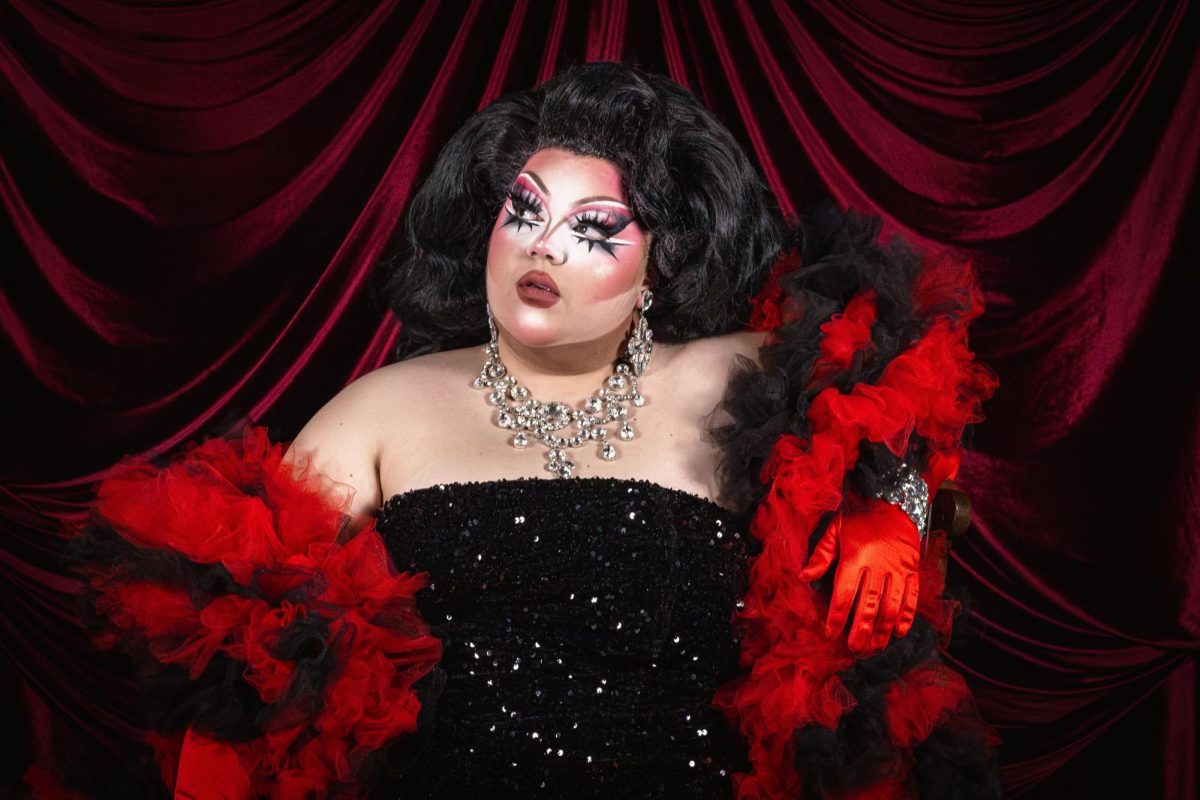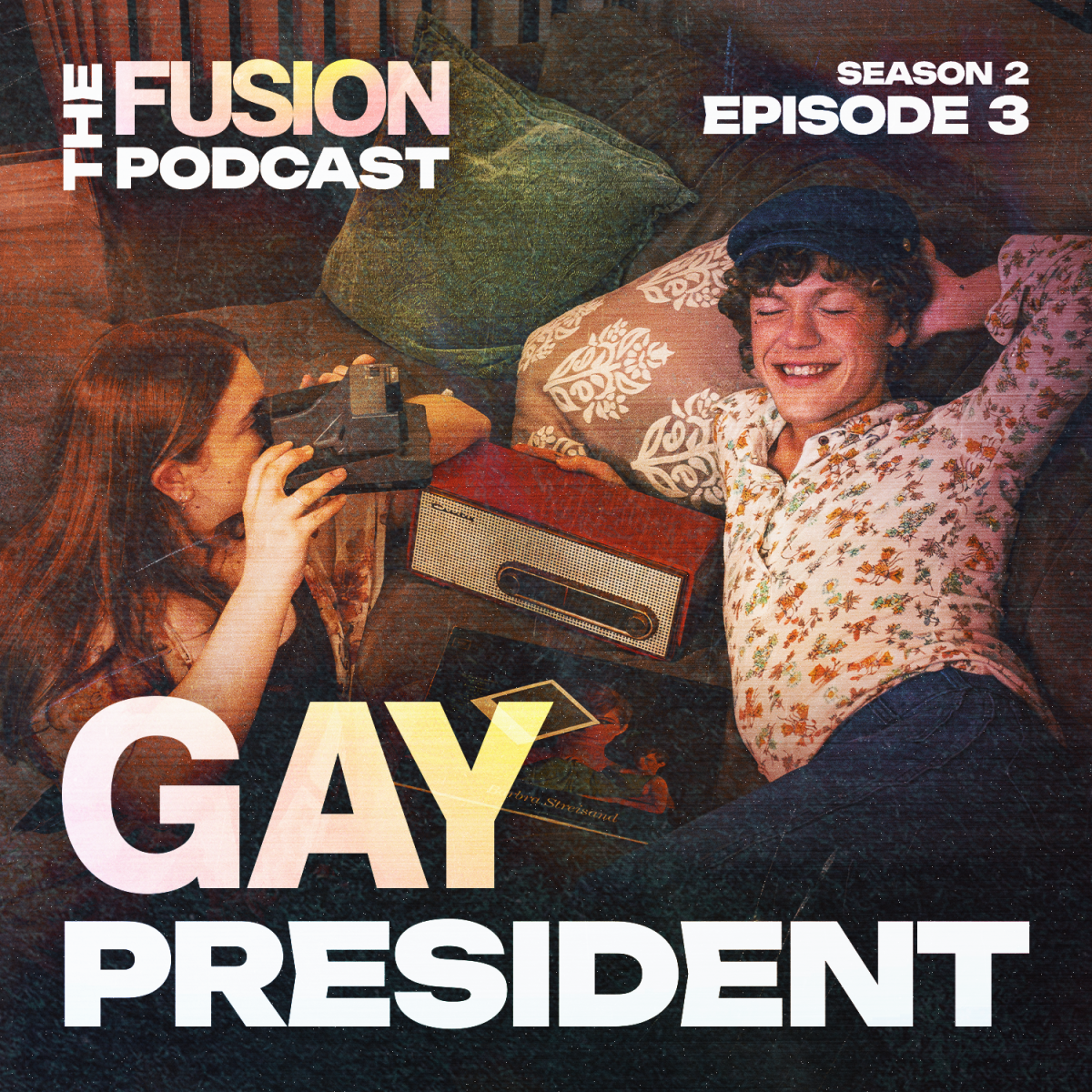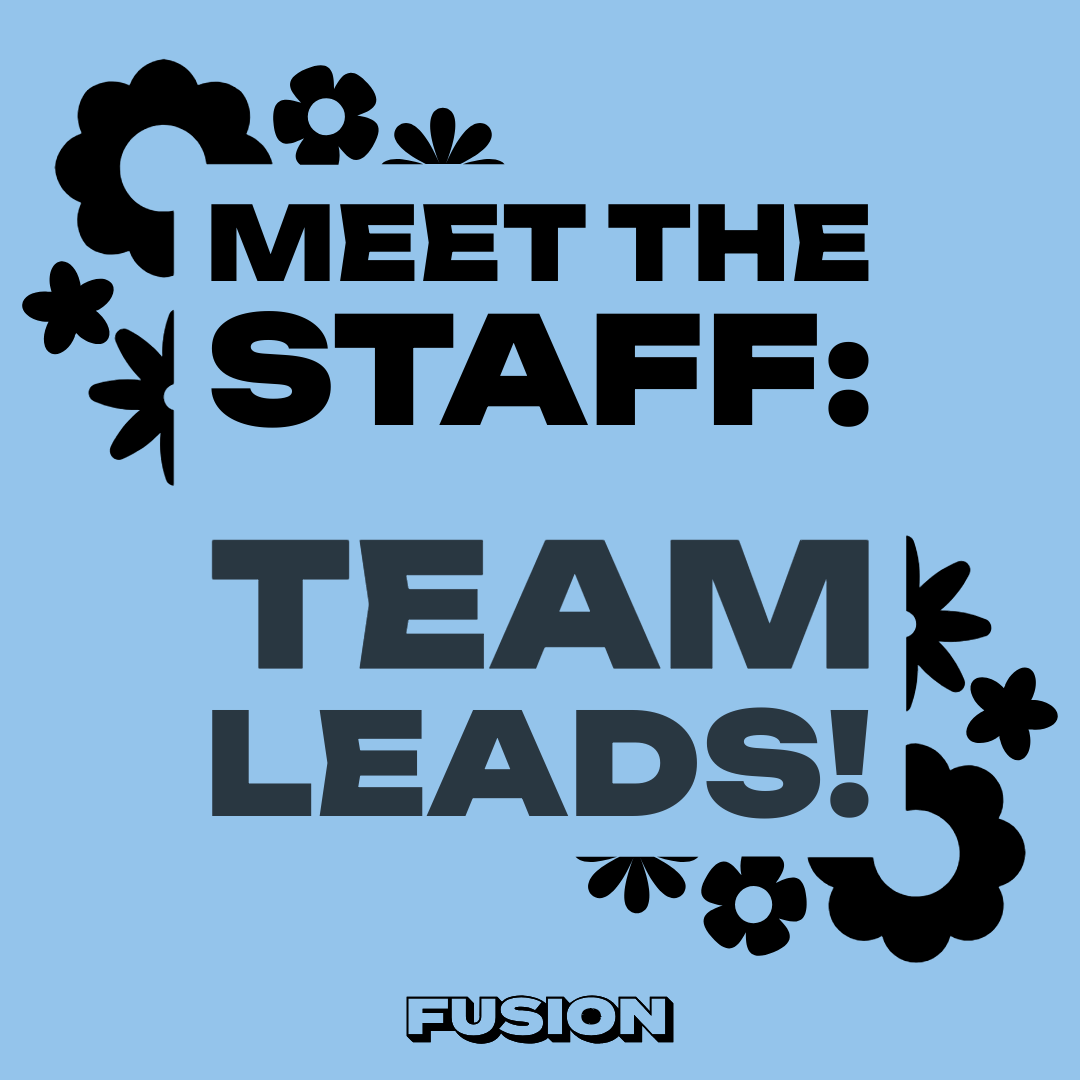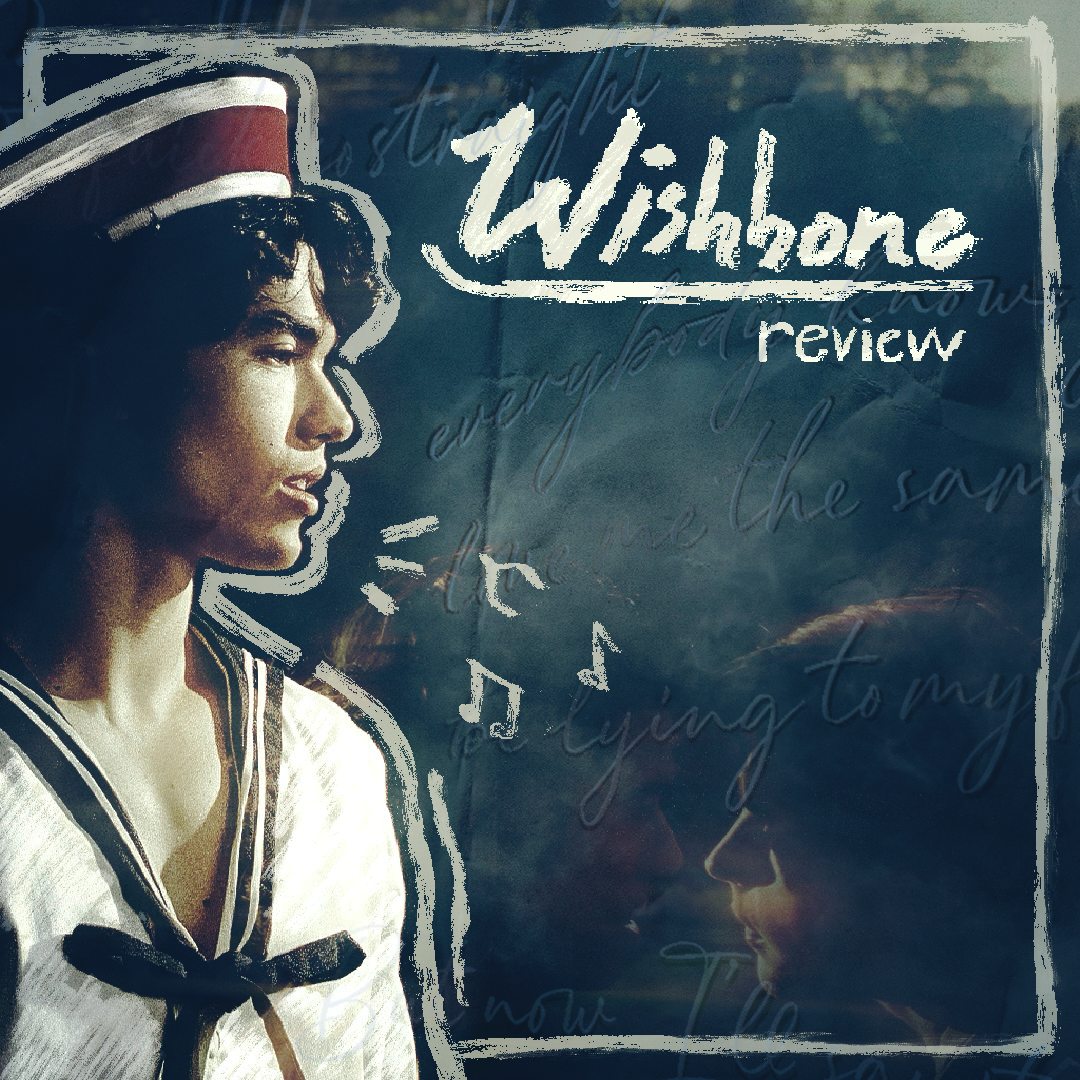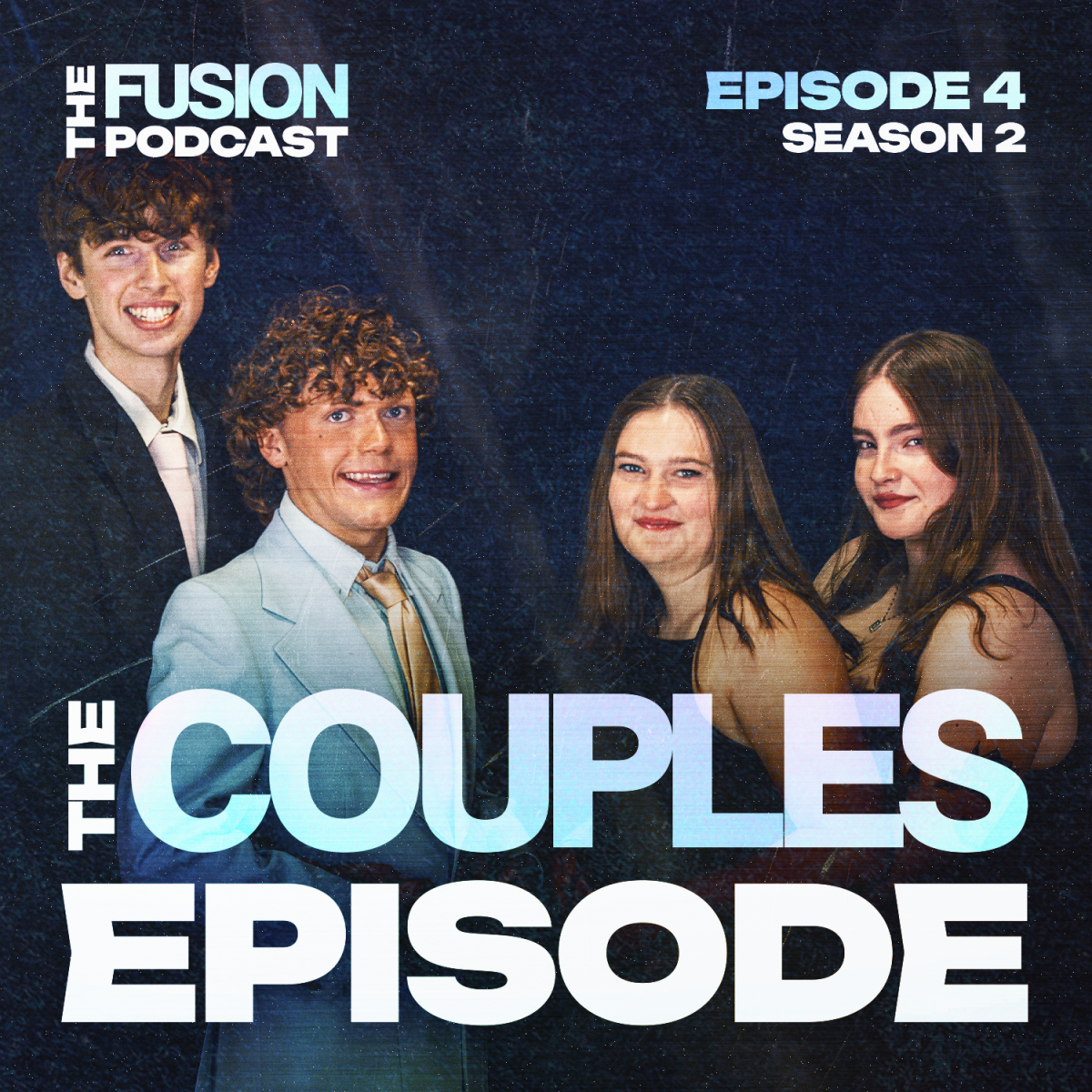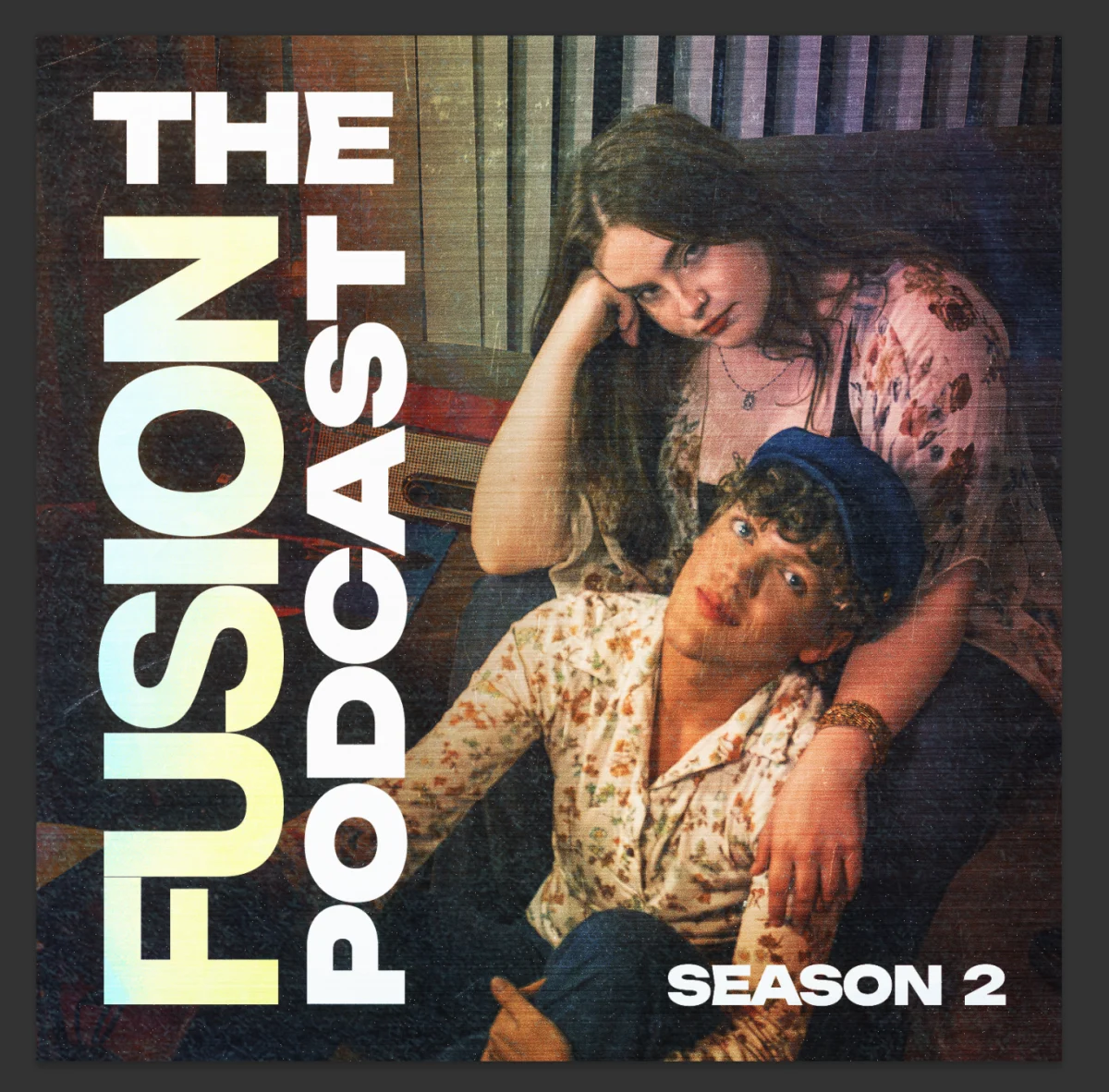Hate crimes, as we know, can range from extreme measures to microaggressions. These can look like someone making an offensive joke or leaving an insensitive comment on your Instagram post, or, it could be someone leaving a pride flag with painted hate speech in your mailbox, bringing terror.
Emma Norsen, freshman at Kent State, shares her experience with being in the LGBTQ+ community and knowing about the discrimination the community faces. “I identify as bisexual, and for me I don’t really worry about being discriminated against unless I am around my family,” Norsen stated. For some this is the case where their family is their worst bully, and they find refuge in their found family instead. They find comfort within the people they have found, and this is their greatest support system.
In my first year at Kent State, I had experienced discrimination because of my identity within the LGBTQ+ community. I wanted to shed some light on my own personal experience as a nonbinary student in a small town and having my family be terrified about my safety. Someone left a rainbow flag in my family’s mailbox, and it was folded military-style. My mom was the person who found this, and when my parents finally unfolded the flag, they saw something that they never would have expected: “Fuck Fags!” written in black ink. This is when my mom decided to call me and tell me about what happened. My mom had told me that they were going to contact the police to file a report.
This was such an overwhelming experience for me, and honestly it was probably one of the most terrifying things to happen to me or my family. We had no idea who it could have been, and who would want to hurt me in such a vile way. Processing this situation was difficult, especially given that this was my first weekend at Kent State. Thoughts raced through my head, such as “What if someone wants to physically hurt me or someone I know?” and “What if they know where my grandparents or boyfriend lives?”
The anxiety has not gone away. We currently do not know the identity of the culprit, but my family and I have decided to press charges should we learn the perpetrator’s identity. I was hesitant to share my story, but decided to move forward because it may help others in the same situation. If I could give anyone advice on how to navigate the aftermath of a hate crime, it would be: You are loved, and you do not need to be apologetic about your identity. No matter what identity you hold, you are valid and supported.
When I saw that flag, I felt insignificant and helpless, but with the love and support of my community I have begun to heal. Healing was a significant piece for me, but it was hard to heal when I had so many other things on my plate due to the timing of this event. However, throughout this time I have found so many things that have made me feel more significant and confident within my identity.
Norsen continued with what has made her feel more confident within her identity. “Going to my first pride has made me feel more comfortable within my identity, and I would recommend it to anyone feeling like there isn’t enough representation within their community,” she expressed. Norsen finished with some advice that she would give to someone who has experienced a traumatic event. “I would say seek counseling or therapy sessions to communicate your trauma and let someone help you who isn’t directly involved with the situation. I also want you to know that you are never alone,” Norsen shared.
Experiencing a hate crime is something no one should have to go through yet many people across the world do. There are so many ways to cope with this trauma, and many can be found throughout the university or community you live in. Many of the people in my life have not met anyone who has been hatecrimed, but they knew of stories on the news and that people in our age group have been discriminated against because of their identity. Until I told them what happened to me in mid-August. I had no idea that I was changing the demographic of my own community.
If you or someone you know have experienced a hate crime or discrimination, know you are not alone. You have a community that loves you and will support you and that is something that you need to hold on to during this difficult time.
The main affirmation I have heard throughout the time I have been healing through my own experience, is that I am never alone. I have a wonderful support system that has held my hand every step of the way.
Riley Walton, senior at Kent State University, shares his experience with being queer but also looking like an intimidating person. “Truth be told, most of the time I’m big and scary looking. I think that might be a bit of a deterrent,” Walton said. This can mean that people wouldn’t expect Walton to be queer or a warm person. This would be misleading for people walking past them on the street. “The truth is though being Queer and Genderqueer, as painful as it can be sometimes, they’re the best things that ever happened to me. I love myself in a way I couldn’t before and whether I’m with my boyfriend who embodies all the love the human race could ever create, whether I’m surrounded by friends, I have a joy for life now,” Walton expressed.
These emotions that Norsen and Walton both expressed different emotions around hate crimes. Norsen has never really known anyone to have experienced a hate crime, and Walton has experienced some discrimination around their identity. This can show how some people’s perspective of society and how they treat LGBTQ+ individuals is so different.
Hate crimes have a major impact on all those within the LGBTQ+ community. Trans day of Remembrance is something worth mentioning whenever talking about the discrimination someone who is in the LGBTQ+ community. On Nov. 20, Trans day of Remembrance recognizes people who identify as transgender who have been killed or murdered because of their identity. This is an important day to remind those who may not know about the discrimination and hate that trans people still experience on a daily basis.
Experiencing a hate crime has shifted my view of the world. Prior to this experience, I had felt a sense of security in my held identities; however, the experience left me feeling inferior and frightened. My hope with my work here and my work at the LGBTQ+ Center is that I can help anyone who might be in the same or similar situation as myself, and help them manage the emotions they are experiencing. Know you are not alone.

